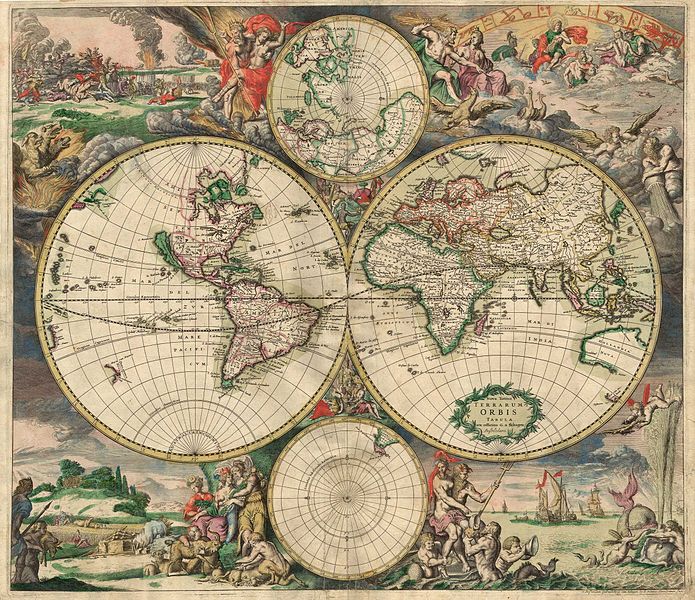The problem with this Princeton professor’s lament about the end of ‘global history’
 It’s worth reading Princeton professor Jeremy Adelman’s thoughtful, thought-provoking piece on global history in Aeon magazine, and then thinking hard about it.
It’s worth reading Princeton professor Jeremy Adelman’s thoughtful, thought-provoking piece on global history in Aeon magazine, and then thinking hard about it.
The piece is written as one might expect – beautifully – but I came up against a great brick wall roughly half way down, about which more soon.
First, to the piece.
It is titled ‘What is global history now?’ It took a lingering view of the hallowed “global history” many of us thought we’d leave as a legacy document for our children as they build a better world.
“Global history would produce tolerant and cosmopolitan global citizens,” Professor Adelman writes. It would render “the past a mirror on our future border-crossing selves – not unlike Barack Obama, the son of a Kenyan father and white American mother, raised in Indonesia and educated in the Ivy League, who became the passing figure of our fading dreams of meritocracy without walls.”
He goes on to note that “globalisation produced a new popular genre that might be called patriotic globalism”, distinguished by the preponderance of “humanitarian worldmakers…(and) a surge of stories about a shared, planetary future… the emphasis (was) on connections, scale and, most of all, integration.”
So far so good. And then, smack, we run into the wall.
“If you are not doing an explicitly transnational, international or global project, you now have to explain why you are not,” Professor Adelman quotes Harvard historian David Armitage to say in 2012. “The hegemony of national historiography is over.”
Smack.
Have you recovered from that thwack?
Where in the world does Professor Adelman mean “global history” was a sunshine sector? The US, for sure. The UK too, and parts of Europe. It’s reasonable to say that historians in parts of the western world were discovering the dizzying possibilities of laying bare a marketable, newly angled world history that was not about the world so much as, in his words, about “connections, scale and, most of all, integration.”
But that was hardly the case in huge countries (with a huge imprint on “global history”) like India. In India, history-writing (and teaching) continued down a well-worn, if increasingly narrow and insular path.
Meantime, it’s worth asking how much the faddish “global history” really informed the western narrative. Which is to say, what effect did it really have on the sum and substance of the way the world understood the world?
Professor Adelman himself admits that it was pretty ineffectual. He writes: “In a 2013 survey of 57 history departments in the UK, the US and Canada, Luke Clossey and Nicholas Guyatt show that historians remain pretty loyal to the West after all. In the UK, 13 per cent of historians study the non-Western world. The most wincing datum? East Asia commands only 1.9 per cent of all history faculty appointments in the UK. In the US, the figure is almost 9 per cent. Even in the US, less than one-third of historians are interested in the world beyond the West.”
So there wasn’t a “global history” after all? Just a pretence to get ratings?
What, if anything, then, has passed? Whose funeral were we at?
Another blog on this subject Monday. Read If we can’t unite around a ‘global history’, what hope for coalescing around culture?

